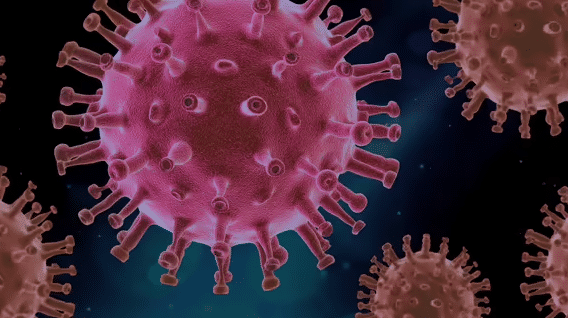A group of Chinese scientists from Wuhan recently alerted the world about NeoCoV, a highly fatal variant detected in bats in South Africa.
While the strain has only been found to spread among animals, a preprint of a study has indicated that NeoCoV and its related virus PDF-2180-CoV could potentially infect humans as well.
The virus strain, discovered in the bat population, is not new. It is related to the Middle East respiratory syndrome (MERS) which caused outbreaks in 2012 and 2015 and killed an average of 1 in 3 infected people.
Also Read: Wuhan scientists warn of ‘NeoCoV’ virus with high mortality rate: Report
According to a fact sheet by the WHO, a patient infected with MERS may suffer from symptoms like cough, fever, difficulty in breathing, and pneumonia. A few gastrointestinal symptoms have also been reported, including diarrhoea. Asymptomatic cases have also been observed. The most critical cases may experience severe acute respiratory disease and death. In cases of respiratory failure, ventilation and intensive care is required. The most severe forms of the virus often target the aged population with vulnerable immune systems and chronic diseases like cancer, lung disease and diabetes.
Also Read: Mumbai reports 1st case of Black Fungus in months: Do we need to worry?
Nearly 35% of MERS-CoV patients have succumbed to the virus infection.
While most cases originate from human-to-human contact, scientific evidence also suggests dromedary camels to be a carrier, with the ability to transfer the contagion to humans. Many speculate the disease to have originated from a transmission between bats and camels.
Also Read: Omicron drives US deaths higher than in fall’s delta wave
The fact sheet also states that the virus is mostly transmitted in humans via very close contact, such as a healthcare worker providing care to an infected patient without protective gear like masks. Some of the largest outbreaks of MERS have been reported in healthcare facilities in the Republic of Korea, the United Arab Emirates and Saudi Arabia.
With extensive research currently under way, the WHO states common preventative measures like avoiding uncooked animal meat and unpasteurised camel milk and being cautious during visits to barns or farms that have camels present.







